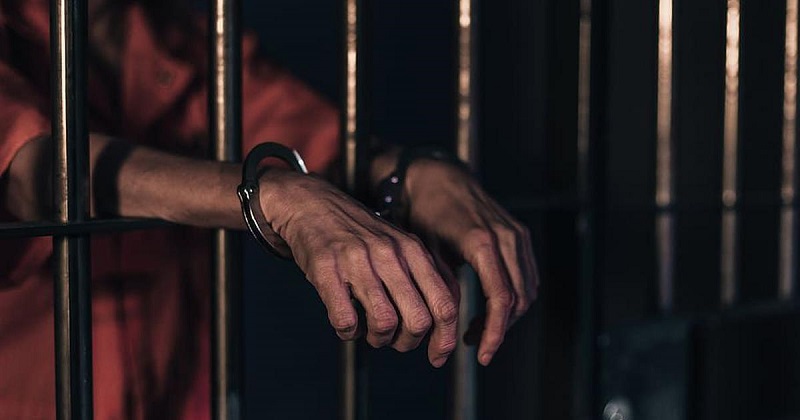
The Supreme Court of India has suggested the Centre mull over a new law for bail to streamline the release of accused in criminal cases. The Code of Criminal Procedure as it exists today is a continuation of the pre-independence era with its modifications. ‘Liberty, as embedded in the law, has to be preserved and protected’ the apex court observed on Monday.
The Court felt that ‘there is a pressing need’ to reform the laws on bail and noted that jails in the country are flooded with undertrial prisoners. The majority may not even be required to be arrested despite registration of a cognisable offence. The observations were made by a two-judge Bench while issuing certain clarifications about a July 2021 judgment about bail reform in the Satender Kumar Antil vs CBI case. In its 85-page ruling, the court essentially reiterated several crucial principles of criminal procedure and stressed the need for legal reforms to strengthen democracy.
India’s current legislation on bail
‘Bail’ is not explicitly defined by the CrPc but it has listed offences that have categories either as ‘bailable’ or ‘non-bailable’. For a bailable offence, magistrates are empowered to grant bail to the applicant as a ‘matter of right’, meaning that the applicant will be released upon furnishing a legitimate bail bond. Police are enabled to arrest without warrant and a magistrate will determine whether to release the accused on bail or not.
‘Democracy, Not a Police State’: Significance of framing new bail laws
Recommendation to consider framing the new bail law assumes significance given the clogging of bail pleas of several undertrial prisoners including activists, political leaders, and journalists. The court observed in a democracy, there can never be an impression that it is a police state. ‘As observed by this Court, it certainly exhibits the mindset, a vestige of colonial India, on the part of the Investigating Agency’.
On Criminal courts;
Justices S K Kaul and M M Sundresh expressed concern about the ‘abysmally low’ rate of convictions in criminal cases in India, thus bail applications are regarded in a negative sense. It said it is the pious duty of the Criminal Court to zealously guard and keep a consistent vision in safeguarding the constitutional values and ethos. Any conscious failure by the Criminal Courts would constitute an affront to liberty. A criminal court must uphold the constitutional thrust with responsibility mandated on them by acting akin to a high priest, the bench said. It said an investigating agency has to expedite the process of investigation as a suspect is languishing under incarceration. High Courts are directed to undertake the exercise of finding out the undertrial prisoners who are not able to comply with the bail conditions so that appropriate steps under the law can be taken for their release.
A new Bail Act;
India’s top court has urged the government to consider the introduction of a separate enactment in the nature of a Bail Act so as to streamline the grant of bails. The CrPC as it exists today is a continuation of the pre-independence one with its modifications. We hope and trust that the Government of India would look into the suggestion made in right earnest, it said. The court said the State and Central Governments will have to comply with directions issued by this Court from time to time concerning the constitution of special courts. The High Court in consultation with the State Governments will undertake an exercise on the need for special courts, the court said. The vacancies in the position of Presiding Officers of the special courts would have to be filled up expeditiously.
What other countries have a Bail Act?
The United Kingdom enacted the Bail Act in 1976 which explicitly codified the procedures involved in the granting or denying of bail. The law was designed with the aim to bring the number of prison inmates in British jails under control. One of the aims of the legislation is to reduce the size of the inmate population. The Public Prosecution Service (PPS) has the power to apply for bail in cases where the defendant may not surrender to custody or commit an offence while out on bail, or would interfere with witnesses or otherwise obstruct the course of justice. For rejecting bail, the PPS must show that grounds exist for believing the defendant on bail would not be a danger to the law or would commit an act of violence against the PSNI.

Post Your Comments